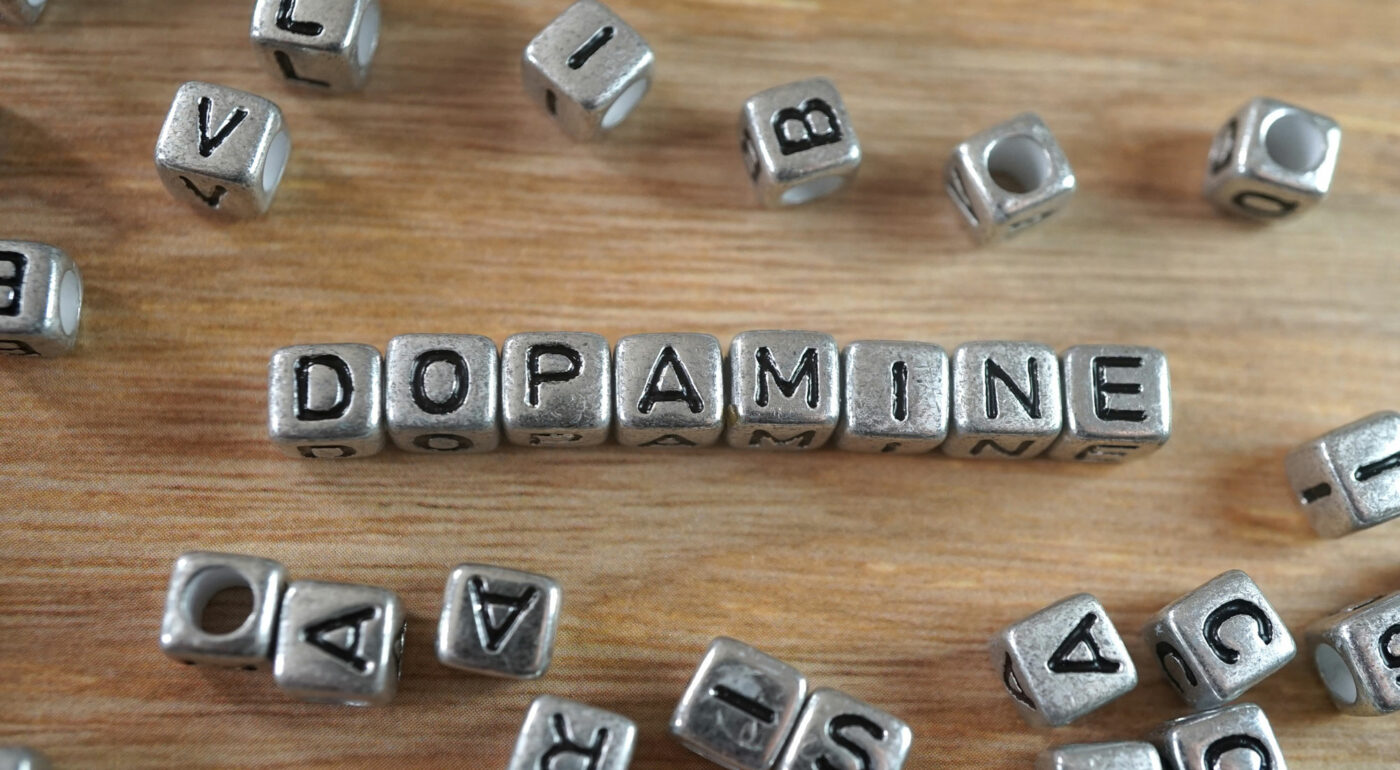By Bobby Shriver
Have you heard of a dopamine rush? Maybe you even experienced one earlier today after sipping your favorite caramel latte on your morning commute. Dopamine is commonly thought of as the chemical released in the brain when you participate in things you enjoy, like going shopping, having sex, opening a birthday present, or eating ice cream.
Yet dopamine is more than just a pleasure chemical. While it has numerous vital uses, dopamine can also impact your brain in negative ways. That’s why it’s critical to understand what causes a dopamine rush and how it can reinforce harmful behavior like addiction.
Understanding Dopamine’s Effect on Our Bodies
Dopamine plays an important role in your mental health. For starters, dopamine is a neurotransmitter in your brain, acting as a chemical messenger between neurons, explains Healthline.com. One of the primary messages dopamine sends is reward.

When you’re planning to do something your brain perceives as rewarding, just the anticipation of the impending pleasure can raise your dopamine levels. Then when you actually experience this pleasure, a dopamine release (or dopamine rush) is triggered, generating an intense feeling of reward, says Harvard Health Publishing. Over time this creates an entrenched cycle of motivation, reward, and reinforcement in your brain as you seek to experience the reward over and over again.
In addition to reward messaging, VerywellHealth.com shares how dopamine also helps with other brain and bodily functions such as the following:
- Voluntary movement
- Mood regulation
- Pain processing
- Sleep and dreaming
- Learning, attention, and short-term memory
What About the Negative Dopamine Effects?
When Dopamine is Out of Balance
Our brains are wired to restore balance, according to TIME, so when our dopamine levels are out of balance, it can cause problems. Low dopamine can put you in a bad mood, reports Healthline.com, as well as lead to struggles with concentration, reduced alertness, lower motivation, and poorer coordination. Even conditions like depression and Parkinson’s disease can be associated with low dopamine levels.
On the other hand, TIME says when you experience higher-than-normal levels of dopamine, this can be followed by a painful dopamine crash, causing you to seek out the previous high you achieved. Eventually, as you continuously indulge in the pleasures that boost your dopamine levels, you not only build up a tolerance, but the things you enjoy can start consuming your life.
Too Much Reward: Dopamine Addiction
When it becomes too much of a good thing, one of the negative dopamine effects is that it can cause addiction. Maybe you’ve even heard of dopamine addiction being associated with everyday technology use like social media or cell phones. Yet perhaps the most devastating dopamine addiction comes from the use of drugs.
When it becomes too much of a good thing, one of the negative dopamine effects is that it can cause addiction.
According to SimplyPsychology.org, drugs can hijack your brain’s reward system, leading to maladaptive behaviors and triggering a larger dopamine rush than normal. When drugs are consumed habitually, dopamine’s destructive impact is twofold: Not only does your brain develop a reliance on the drug to maintain your reward feelings, but your serotonin levels also start to decrease. As a result, typical activities that once brought reward and enjoyment don’t as much anymore. So you end up using more drugs to achieve the same pleasurable effect.
Lesser-Known Dopamine Effects: Stress and Survival
While strongly connected to reward and good feelings, dopamine can also be released in response to stressful, traumatic, or difficult experiences. According to ADxS.org, acute stress can trigger increased dopamine levels, and chronic social defense stress can keep your dopamine levels elevated. When this happens, you’re motivated to seek out the rewarding experiences and behaviors that previously gave you pleasure.
While strongly connected to reward and good feelings, dopamine can also be released in response to stressful, traumatic, or difficult experiences.
Interestingly, dopamine can also indicate to your brain that something is necessary to your survival. In the context of dopamine released in conjunction with addictive substances, this can communicate that the drug is important and your brain should pay attention to it, says Meadows Senior Fellow Dr. Kevin McCauley. As the drug gets consumed more and more, it becomes further equated to survival, so much so that the two eventually become indistinguishable from one another. Consequently, the drug isn’t just something that brings reward. It’s now your brain’s perceived way of staying alive.
Struggling With Addiction? The Meadows Texas Can Help
While dopamine is necessary and beneficial for our brains and functioning, it can cause more harm than good when combined with addictive substances. At that point, overcoming an addiction isn’t just about managing behaviors. It’s about healing the damage drugs have done to your brain. That’s why it’s key to seek quality professional treatment that addresses both the mental and physical aspects of your addiction.
At The Meadows Texas, our comprehensive alcohol and drug treatment programs can give you the tools you need to overcome your addiction and change your life for the better. If you’re ready to achieve lasting recovery, contact us today.

